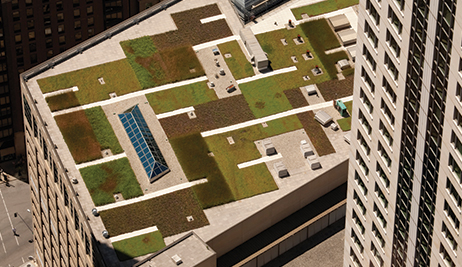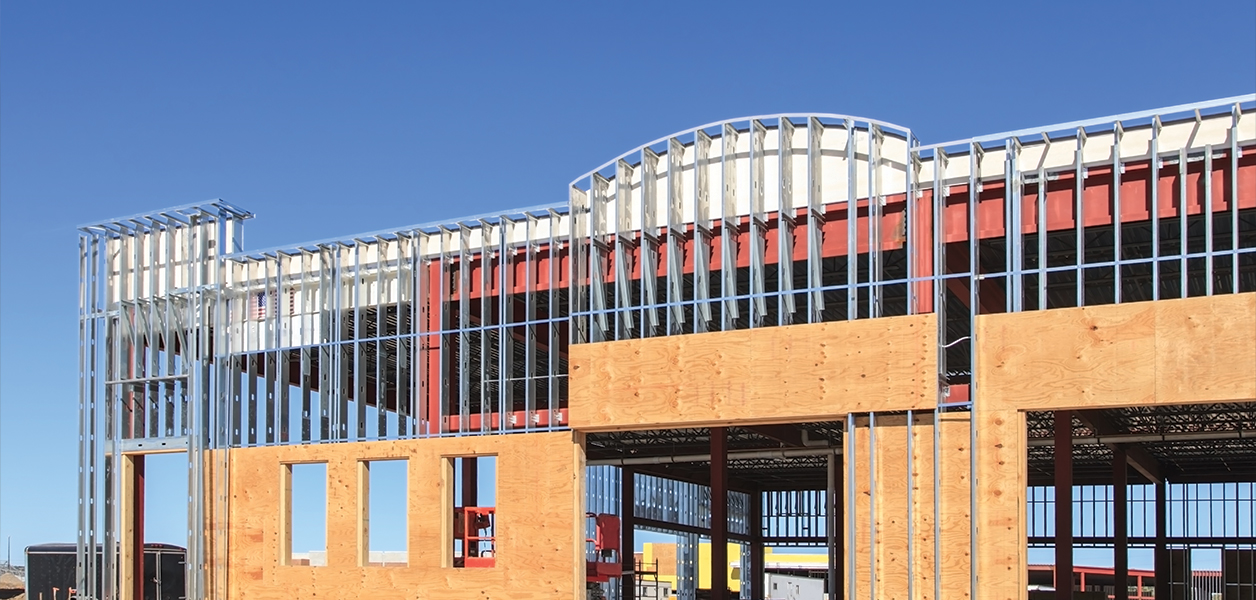In November 2017, Denver voters passed Initiative 300, more commonly known as the Green Roof Initiative, which mandated that starting Jan. 1, 2018, any construction of buildings more than 25,000 square feet must include a vegetative roof, solar panel installation or combination of both, according to www.thedenverchannel.com.
The purpose of the initiative is to use green space and solar energy to improve air quality, reduce temperatures and mitigate other environmental effects of Denver's growing ozone levels and population.
However, the passage of Denver's green roof initiative was a surprise, and city leaders now are trying to overhaul it to make it more viable and enforceable.
"The word green roof just sounds so great that people wanted to do that," says Denver councilwoman Mary Beth Susman. "There are a few things we need to tweak in order to make this a real viable operation."
Susman says the intentions of the ordinance are good, but the implementation is more complex. Although Denver is not the first city to mandate green roofs, it is the first city to require them for existing buildings.
"It's the most complicated part of this because if you go to fix your roof, this ordinance is going to apply and we worry that it will mean people won't be fixing their roofs," Susman says.
According to Susman, the current initiative would cost $137,000 more for a 25,000-square-foot building to comply. Potential alternatives proposed by a task force overhauling the ordinance say if vegetative roofs or solar panels are not feasible, builders would be able to pay to fund off-site green space or have more energy-efficient buildings.
Some Denver developers, such as Kyle Zeppelin of Zeppelin Development, believe the long-term benefits of the initiative outweigh the upfront costs and view green roofs as part of a solution to Denver's environmental challenges.
"Buildings are one of the leading contributors to global warming emissions," Zeppelin says. "To be a real part of the solution, we really have to start making moves."
Other Denver developers, such as architect David Berton of Real Architecture, are concerned about compliance, as well as increased construction and maintenance costs that could transfer to renters and buyers.
"With today's expensive rents and expensive sale prices, this is not a great thing for Denver," Berton says.
Denver's city council is holding two public sessions during the next few weeks to gather community input regarding the proposed changes to the ordinance and hopes to vote on a final version in July or August.





